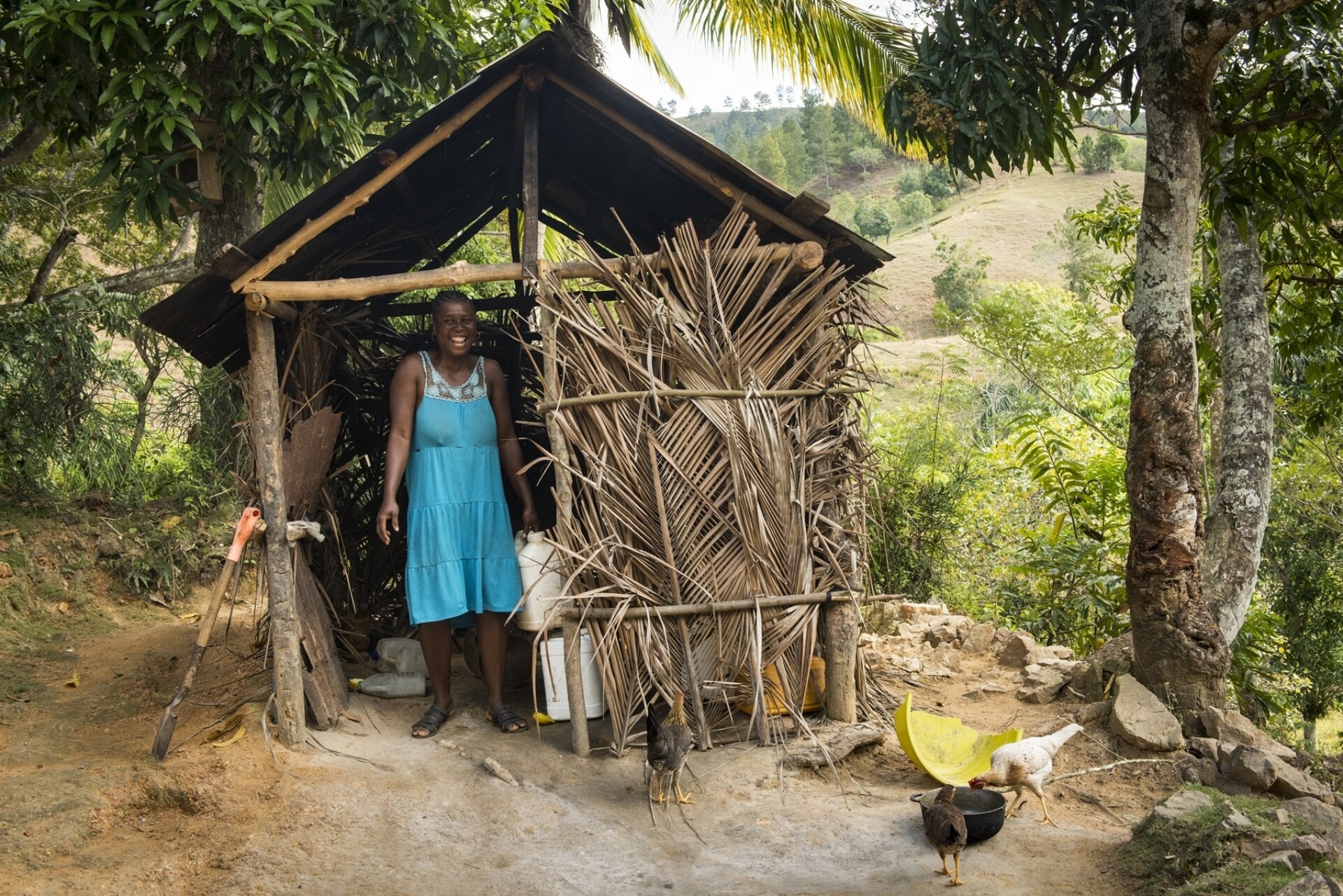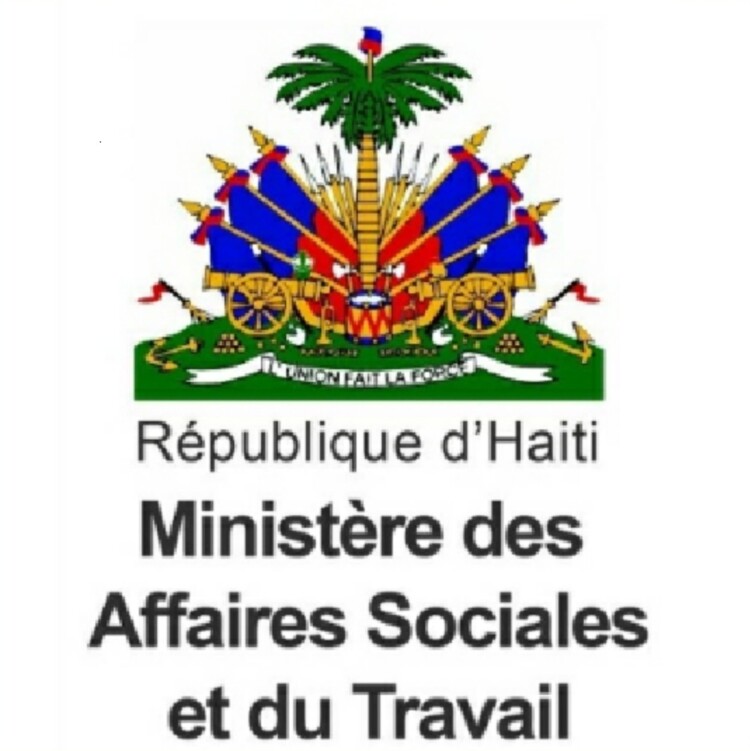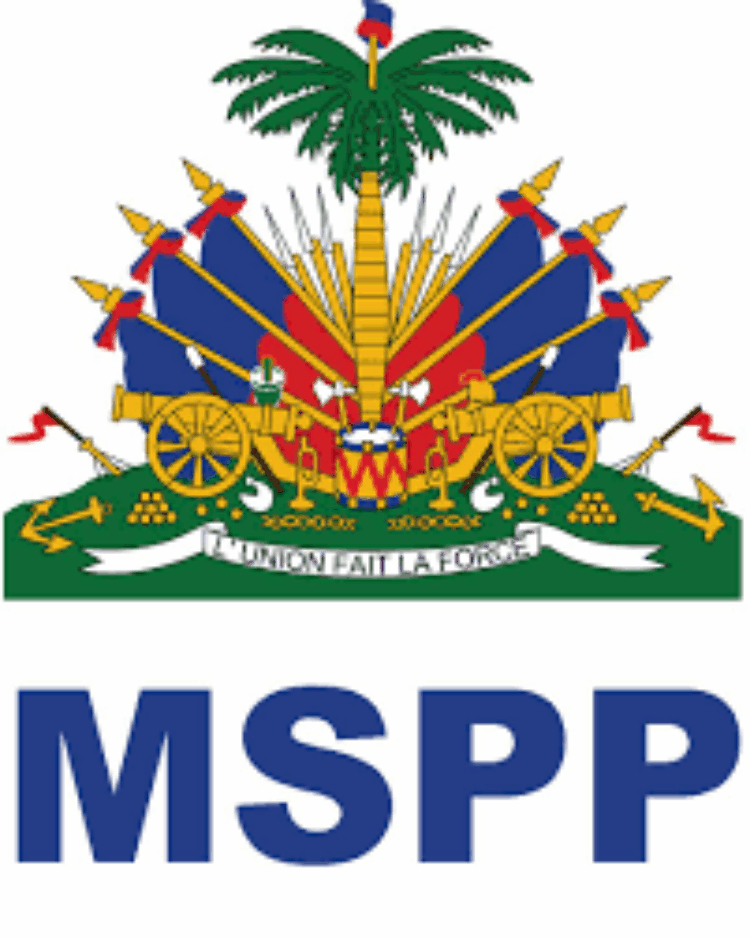
Ongoing project
Adaptive Social Protection Project for Increased Resilience (PSARA – Klere Chimen)
March 2025 – June 2027
1,094,653 CAD
United Nations World Food Programme
9,365 people
including 65% women and girls
The Adaptive Social Protection Project for Increased Resilience (PSARA – Klere Chimen) aims to establish a shock-responsive social safety net for vulnerable households (young children, pregnant women, and people with disabilities) and to lay the foundations for an adaptive social protection system in selected municipalities of the South Department. The World Food Programme (WFP), with the support of Le CECI, will implement 24 cycles of cash transfers for approximately 1,873 households and strengthen local capacities to develop a social protection system capable of responding effectively to climate-related crises.
Recent trends in food security in Haiti
Worsening food insecurity that further weakens households
According to the latest Integrated Phase Classification (IPC) analysis (National Food Security Coordination – CNSA, March 2024), 4.97 million people are facing high levels of acute food insecurity (IPC 3 or 4) for the period from March to June 2024, including 1.6 million in emergency conditions (IPC 4). This represents an increase of approximately 532,000 people experiencing acute food insecurity compared with previous estimates. Nearly 243,500 people have shifted into emergency conditions alone. These are the highest levels recorded since the 2010 earthquake, illustrating a continued deterioration in food security in recent years. The prevalence of acute food insecurity has risen from 35% in 2019 to 50% in 2024.
This situation significantly reduces households’ ability — particularly those with fewer resources — to meet essential needs such as food and basic social services, and pushes them to adopt negative coping strategies that erode their livelihoods. Without an adequate response, conditions may worsen further. This underscores the importance of coupling emergency responses with strengthened investments in resilience and social protection systems to safeguard livelihoods and prevent more people from falling into emergency phases.
Results that matter
9 365
people supported, representing 1,873 rural households, 65% of whom are women and girls
80
women-led Village Savings and Loan Associations (VSLAs) strengthened
1 873
households trained in good nutrition and hygiene practices that help prevent malnutrition among children and breastfeeding mothers
Our partners
Thank you to our financial and implementation partners, without whom this project would not be possible.


